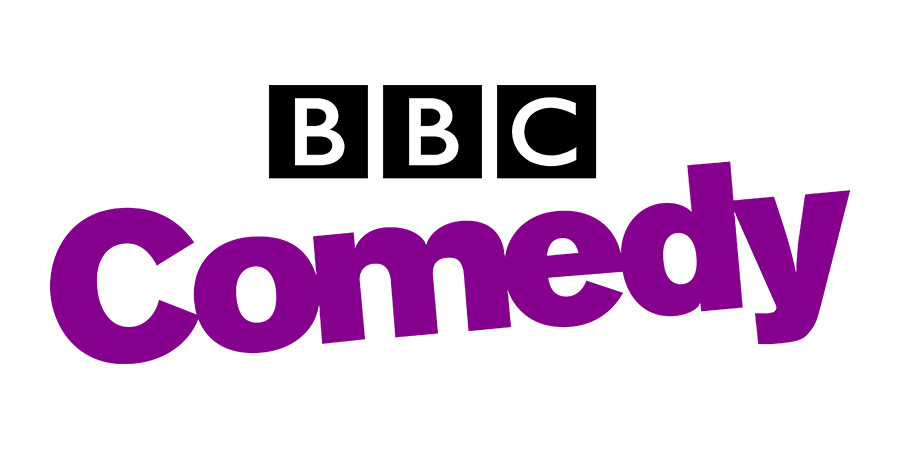Korea opportunities

I don't normally talk about politics on here because... well, cos this is a comedy platform ffs.
Occasionally politics crosses over with what we do.
For those of you interested in what's going on in the news, politics provides a route to your first BBC writing credit. I'm proud to say that in the last three years our topical comedy courses have helped more than 40 comedy writers gain theirs.
That's the one good way it affects us.
Now onto the many bad ways.
Woke put to sleep
Let's start with the noisiest and most obvious, a phrase which hopefully reached its peak on 3 July 2024, the "war on woke".
I've written about this before and don't wish to rake over all the old arguments.
The biggest way that politics affects us though is through our dependence as comedy writers on the BBC.
Whether it's on ideological grounds as in the last 14 years, or to not look weak in the eyes of the media, as happened often under the previous Labour government, the BBC has been properly shafted in the last 30 years. Because there's a small overlap between politics and comedy (basically politicians guesting on Have I Got News For You), ours has been one department to suffer disproportionately.

The BBC is still going, and is still making comedy - indeed, according to my extremely successful TV producer pal it's the only showmaker in town - but it's struggling to find the money to maintain output.
In those glorious minutes when Netflix offered the rest of the world outside of America a few scraps of funny money to make stuff, wages soared to US levels. Now Netflix have turned off the tap and run back to mom and pop. The commissions have disappeared but the costs have rocketed.
Which brings me to South Korea.
I bet none of you had that on your bingo card of "next sentences in Dave's blog".
Have you ever wondered for a moment or two, why South Korean TV and pop music has become way more popular in the last few years?
You haven't? Good for you, that means you have a life.
But you've probably heard of K Pop and almost certainly Squid Game.
Special K
The reason I've become obsessed with South Korea is because a few years ago their government worked out what we Brits had known and successfully followed for decades: a small amount of government funding for the arts brings a massively disproportionate success to the country.
The trifling but well-targeted subsidies to music and TV companies have brought a massive increase in exports, rising by nearly five per cent a year for the last decade or so.
The BBC still makes about £2 billion a year from exports, but recent massive government cuts have led to a huge decrease in content creation.
On Friday 5th July we were promised change. Big change across the country.
I'm not expecting the new government to be handing over any spare coins to the Corporation yet, there are a few priorities a little higher up Keir Starmer's to-do list at this moment.
But there are going to be a lot of questions asked in the next few years, especially with the BBC's charter up for renewal in 2027.
The current licence fee agreement expires at the end of 2027 and the last government pledged to replace it with a new funding model.
The world has moved on, the Conservative government may have pledged to replace it with a new funding model but never mind pledges, the people of the UK have already replaced the Conservative government with a completely different model.
There are a number of very good reasons why this matters. Reader, the good news is that I did a quick trawl through the Labour Manifesto so that you don't have to.
It states Labour will "work constructively" with the BBC and the UK's other Public Service Broadcasters, "so they continue to inform, educate and entertain people, and support the creative economy by commissioning distinctively British content".
It's not much - well it's sod all really - but it represents a massive shift in how the government plans to work with the BBC.

Here's why I'm cautiously optimistic about the future of BBC comedy.
1. I'd like to take a tiny amount of credit for the "work constructively" phrase.
When Starmer was first elected as Leader of the Opposition I was approached by a Labour nerd (along with a million others no doubt) and asked for my opinion on how a future Labour government might approach the BBC.
I had a meeting with a number of "Labour culture experts" who looked about a quarter my age and I repeated the phrase "Labour needs to work constructively with the BBC" a number of times. I can't have been the only one to say that because the expression appeared to stick and find its way into that manifesto.
2. Starmer has said that his number one priority to raise income is through economic growth. Because there's no money available, he's looking for maximum growth from minimum spend.
If I ever get to see any of those culture experts again who may now have passed through teenagerdom I will repeat two words on an endless loop until they chuck me out of their offices: "South Korea".
3. There is apparently a desire to help small businesses. That's us folks. The era of being told as freelancers, entrepreneurs and sole traders to "get f*cked" is officially over. Which brings me to:
4. You lot. Comedy writers. We're at the start of a new era, and this could be the moment when we get our comedy voice back. Like I say we're not exactly high on anyone's priority list, but if we keep shouting about how brilliant we have always been at selling comedy to the rest of the world who knows, maybe someone will listen to us?
Wearing my Writers' Guild Comedy Committee hat I'm hoping to meet people from the Department of Culture, Media and Sport quite soon. What should I be saying to them?
Email dave@davecohen.org.uk and let me know your thoughts.
This article is provided for free as part of BCG Pro.
Subscribe now for exclusive features, insight, learning materials, opportunities and other services for comedy creators.


